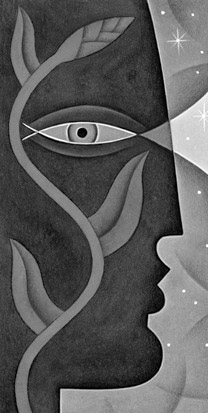JOAB

Joab, the great military leader, had two brothers who were also famous soldiers: Abishai and Asahel. Joab proved to be the greatest leader of the three and was the commander of David’s army throughout most of David’s reign. There is no record that his troops ever lost a battle.
Joab was a fearless fighter like his brothers. Unlike them, he was also a brilliant and ruthless strategist. His plans usually worked, but he was seldom concerned about those hurt or killed by them. He did not hesitate to use treachery or murder to achieve his goals. His career is a story of great accomplishments and shameful acts. He conquered Jerusalem and the surrounding nations, defeated Abner, and reconciled Absalom and David. But he also murdered Abner, Amasa, and Absalom, took part in Uriah’s murder, and plotted with Adonijah against Solomon. That plot led to his execution.
Joab set his own standards—he lived by them and died because of them. There is little evidence that Joab ever acknowledged God’s standards. On one occasion he confronted David about the danger of taking a census without God’s command, but this may have been little more than a move to protect himself. Joab’s self-centeredness eventually destroyed him. He was loyal only to himself, even willing to betray his lifelong relationship with David to preserve his power.
Joab’s life illustrates the disastrous results of having no source of direction outside oneself. Brilliance and power are self-destructive without God’s guidance. Only God can give the direction we need. For that reason, he has made available his Word, the Bible, and he is willing to be personally present in the lives of those who admit their need for him.
Strengths and accomplishments |
|
Weaknesses and mistakes |
|
Lessons from his life |
|
Vital statistics |
|
Key verse |
“And the king said unto him, Do as he hath said, and fall upon him, and bury him; that you mayest take away the innocent blood, which Joab shed, from me, and from the house of my father” (1 Kings 2:31). |
Joab’s story is told in 2 Samuel 2—1 Kings 2. He is also mentioned in 1 Chronicles 2:16; 11:5–9, 20, 26; 19:8–15; 20:1; 21:2–6; 26:28; and in the title of Psalm 60.